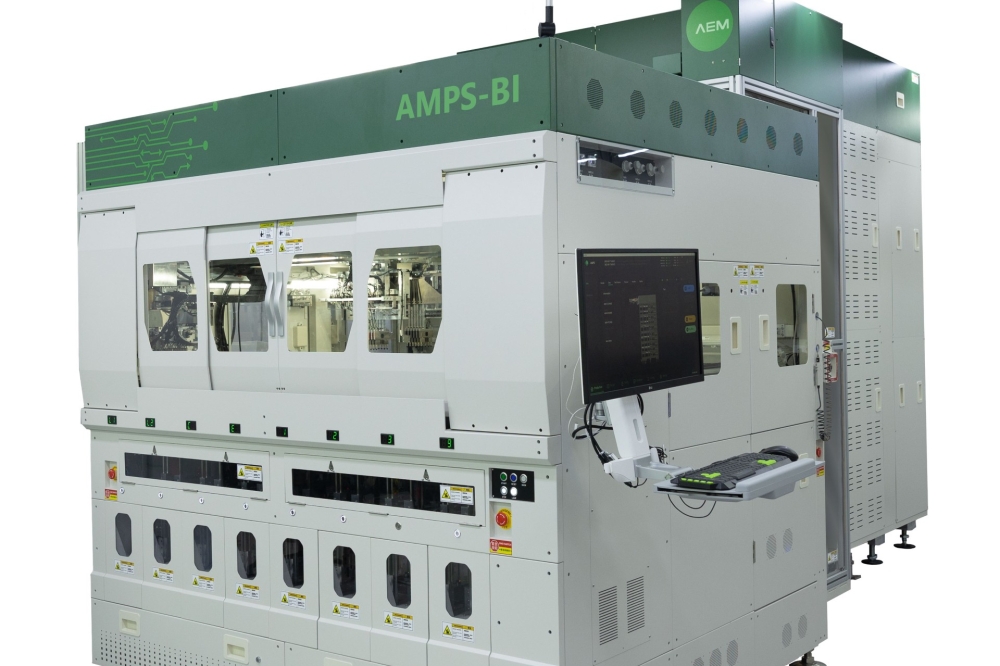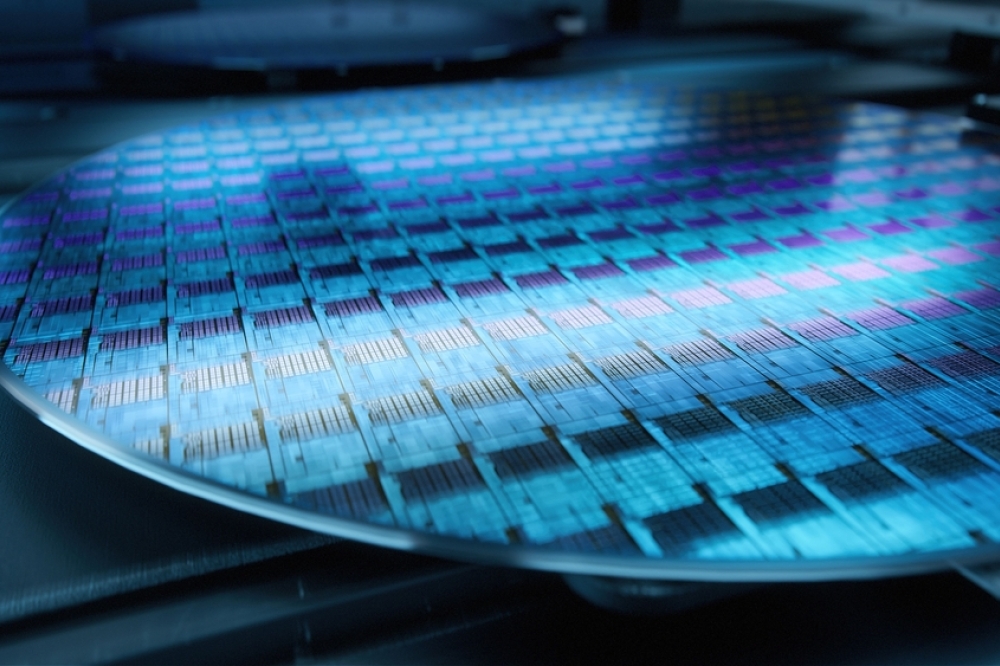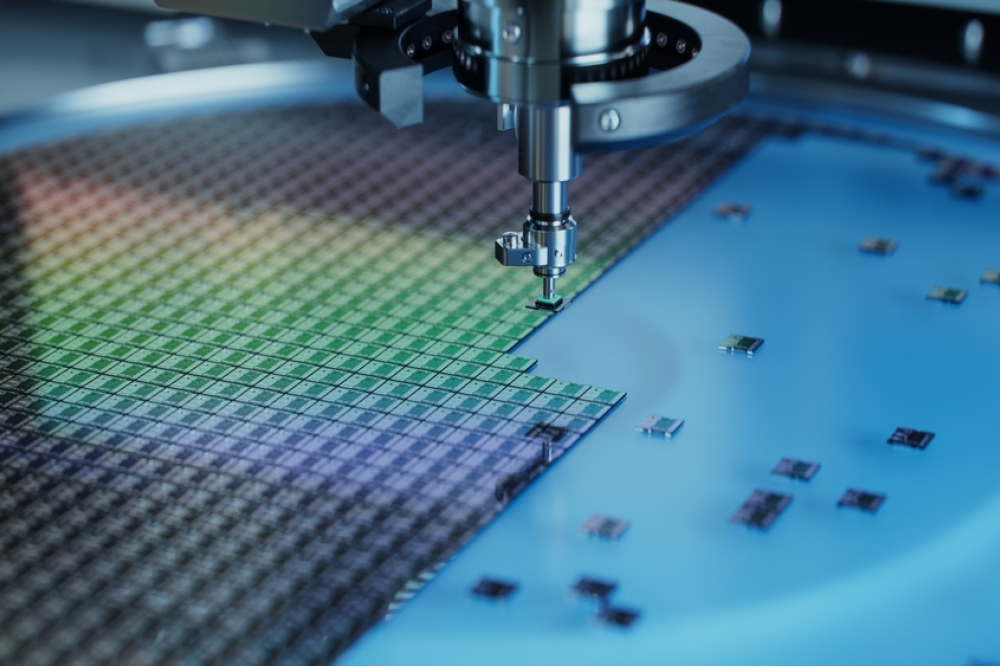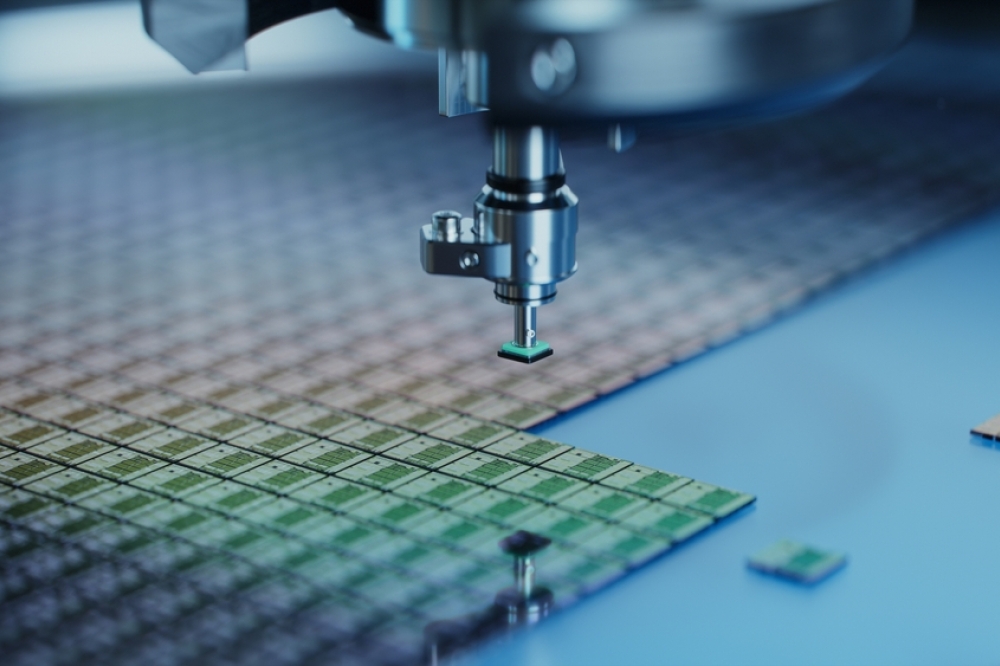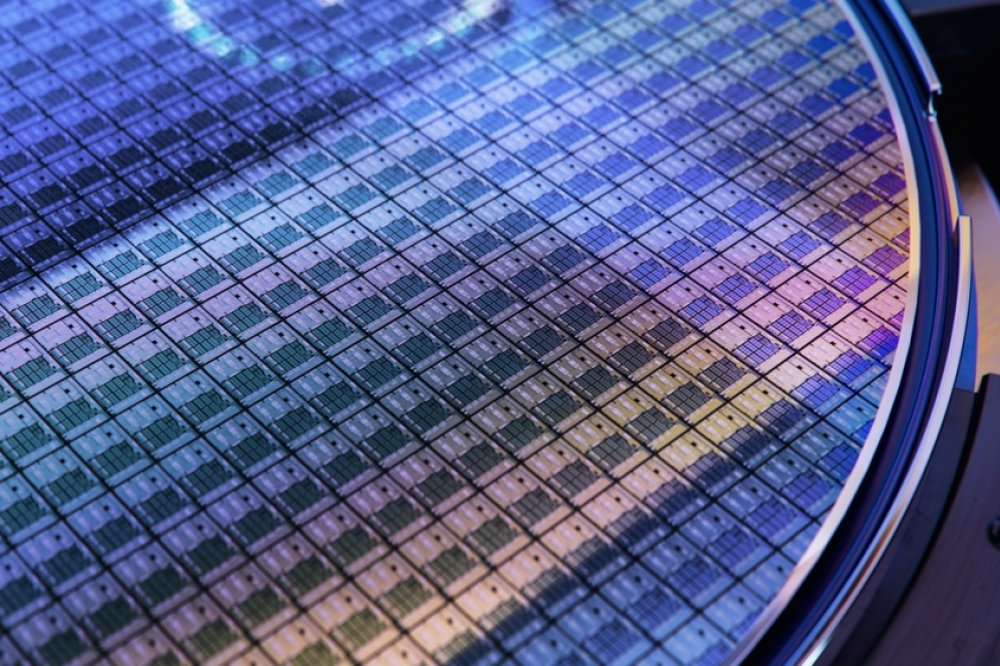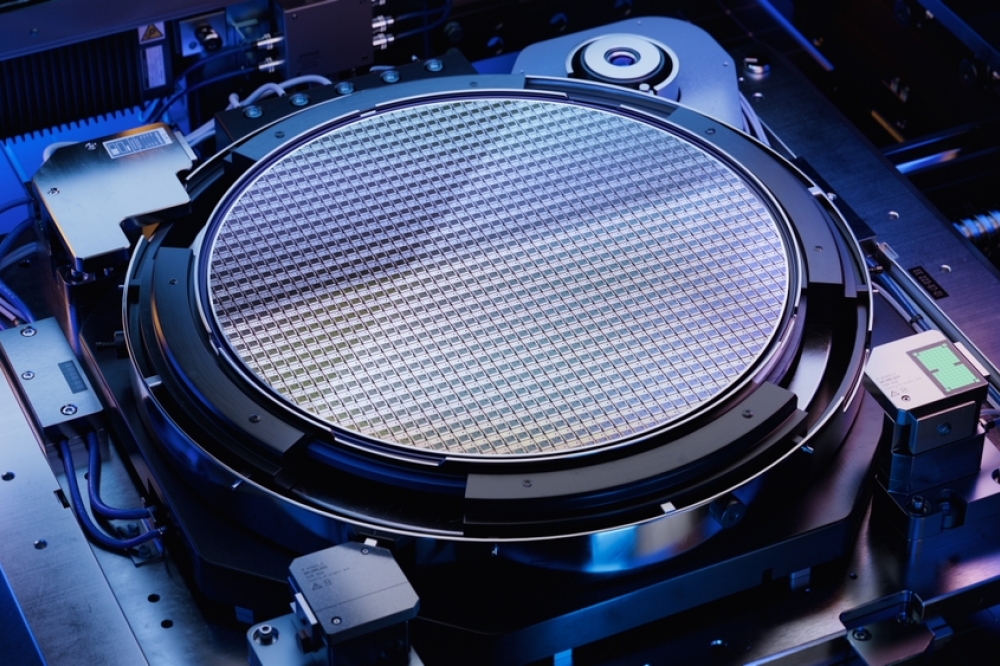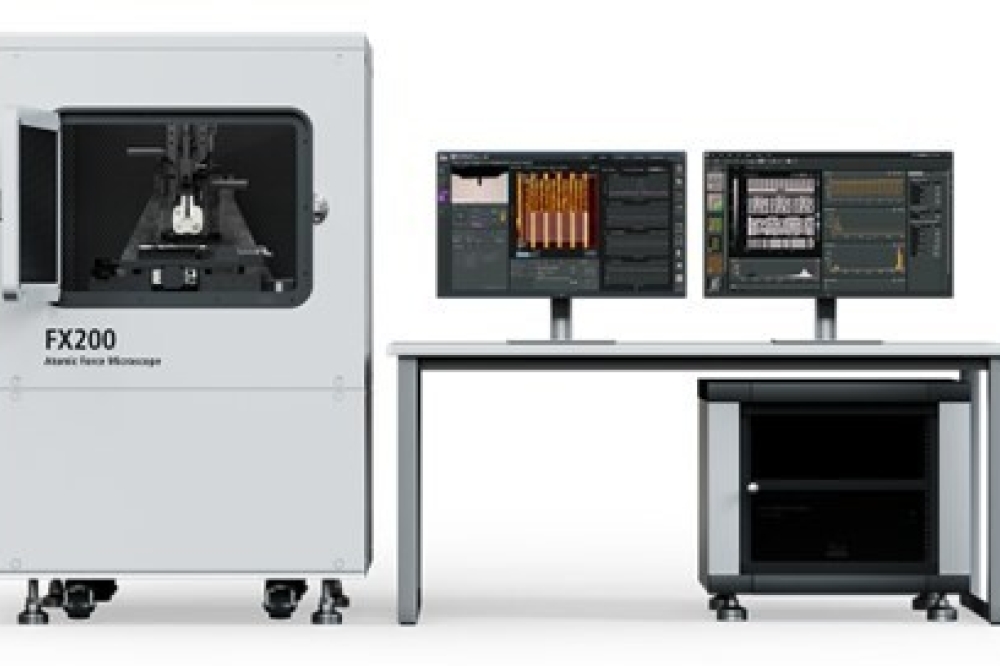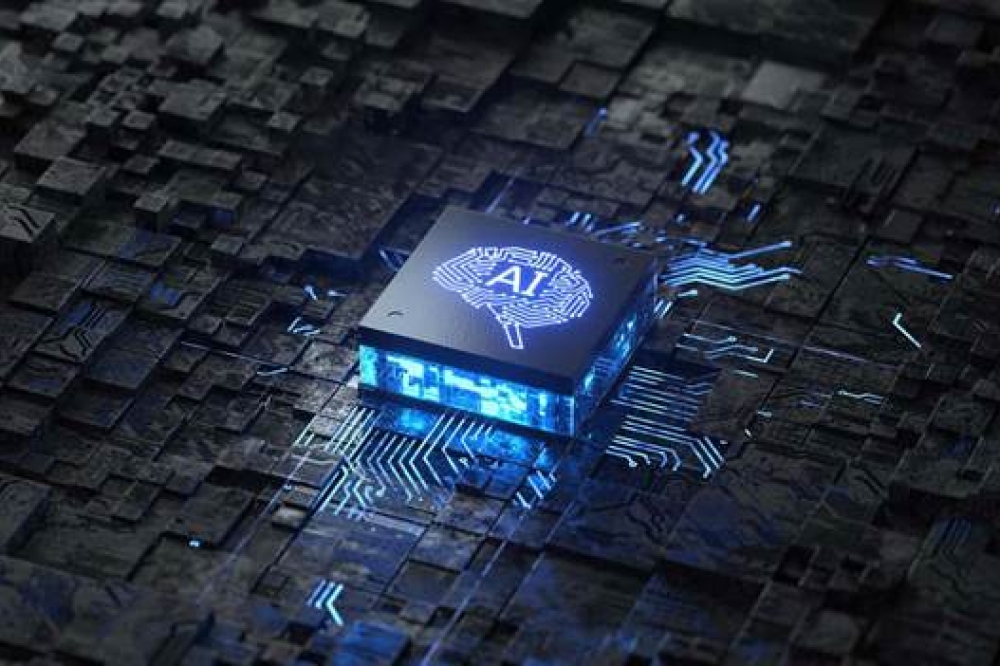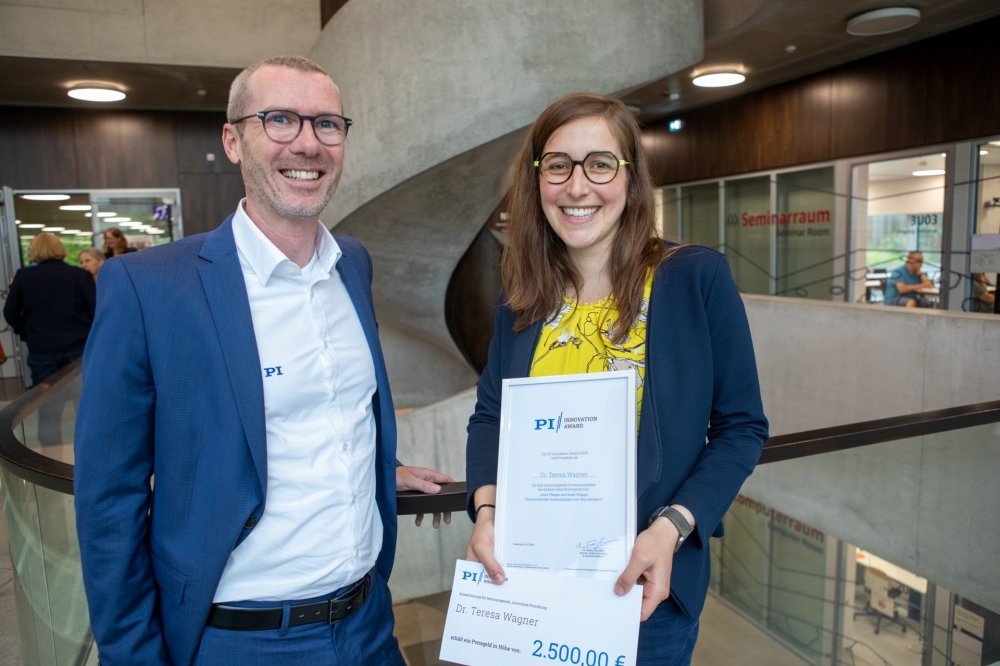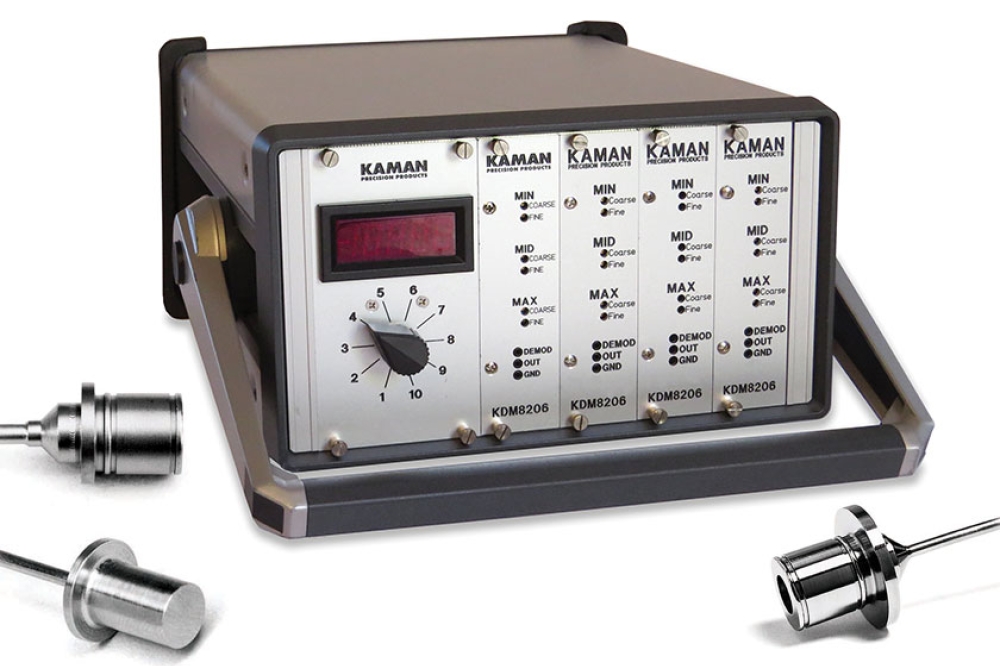SingularityNET and Simuli.ai partner

Partnership aims to create new hardware technology, the “AGI board”, that will allow for advancements in AI development.
SingularityNET, an organization building artificial intelligence (AI) to benefit mankind, has formed a partnership with leading hardware technology manufacturer Simuli.ai to develop new hardware that will pave the way for more advanced AI.
The partnership will focus on the creation of a Metagraph Pattern Matching Chip (MPMC), a new piece of hardware that embodies the two key knowledge-graph search algorithms, Breadth-First Search (BFS) and Depth-First Search (DFS). BFS and DFS algorithms are important building blocks for AI systems, as they are used for knowledge representation, reasoning and decision making. Combining these two algorithms into one chip will allow for better AI that is capable of completing tasks to a higher level than is currently possible.
The MPMC will be integrated with Simuli’s pre-existing Hypervector Chip, a chip that is used for efficiently and accurately processing complex patterns with far fewer processors than traditional hardware, to create a novel “AGI board”. This new AGI board will aid in the progress towards artificial general intelligence (AGI), AI that is capable of completing tasks above the level of humans. It will be used by SingularityNET’s spin-off project TrueAGI to provide AGI-as-a-service to enterprise organizations.
Rachel St.Clair, CEO of Simuli.ai, said about the partnership: “The power of optimizing large scale AGI models to run faster by leveraging Simuli's hardware platform is multifold. First, these AGI frameworks get rapid development that wasn't exactly possible without large compute cost prior. Then, such a device as the AGI motherboard can expand the types of code that can be run scalably and efficiently in a single instance of the AGI model, for example Hyperon. Also, scalable computing is better for longevity of the planet and the technology itself, so optimizing on both the SW/HW sides is key. This will likely result in AGI that's better for everyone. We're excited to be playing a role in tipping the scale from AI to AGI.“
AI development is expensive due to hardware constraints, meaning the space is largely occupied by larger corporations. For example, the current advancements being made in the field are largely down to the use of graphics processing units (GPU), which help devices handle graphics, effects and videos. Further hardware innovation is required for more breakthroughs to happen within the space.
The Simuli AGI board is a step towards the next stage of hardware technology. It will lower the cost of AI training and interference, enabling innovative breakthroughs and will lead to artificial general intelligence (AGI), technology that is capable of completing tasks above the level of humans.
Dr. Ben Goertzel, CEO of SingularityNET, continued: “The Simuli AGI board has strong potential to catalyze emergence of a new era of AI techniques and functions. The core of what we need to progress from narrow AI to AGI is of course the right cognitive architectures and learning and reasoning algorithms – but without the right hardware, even the best mathematics and software can’t run efficiently enough to have practical impact. So many AI methods we’ve been working on for decades, are going to finally be able to show their stuff in a practical sense when given the right hardware to run on.”


